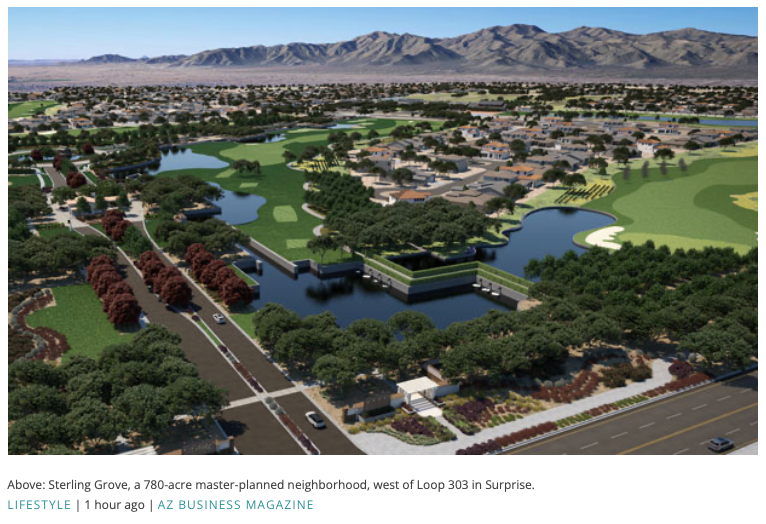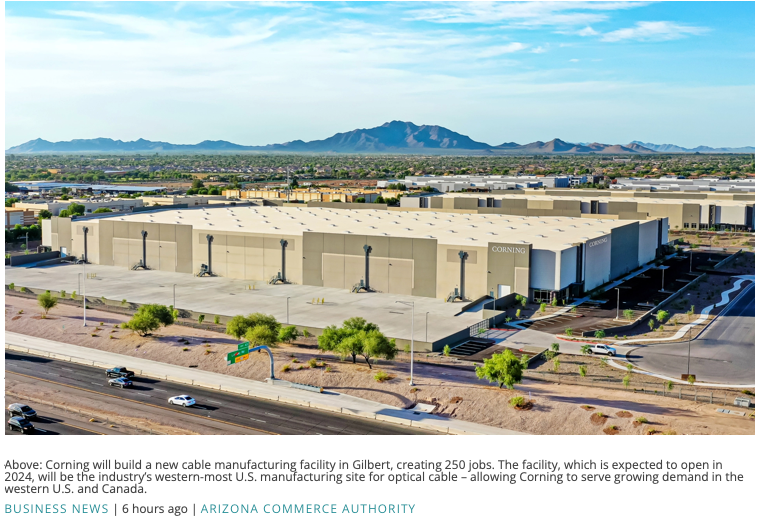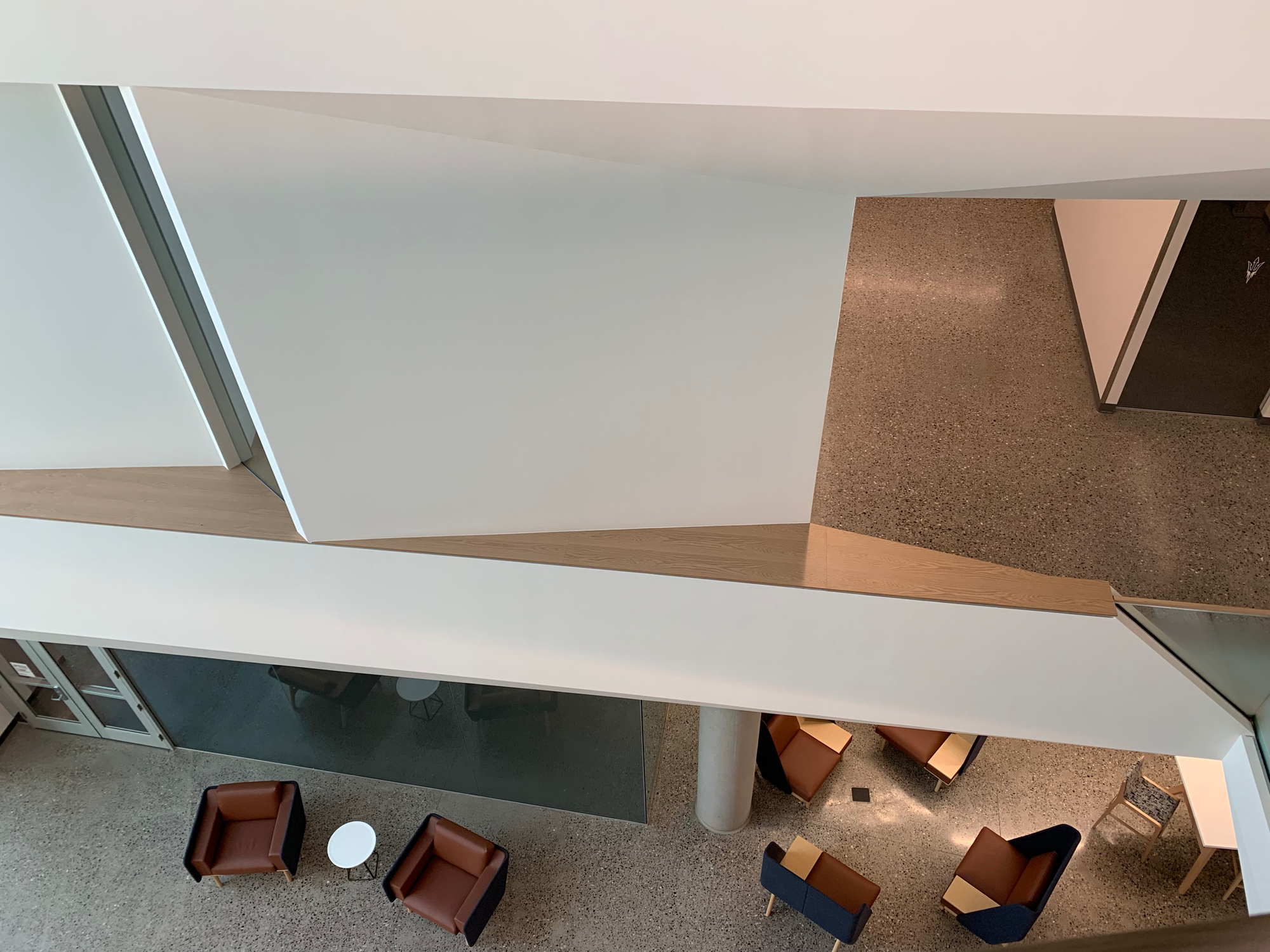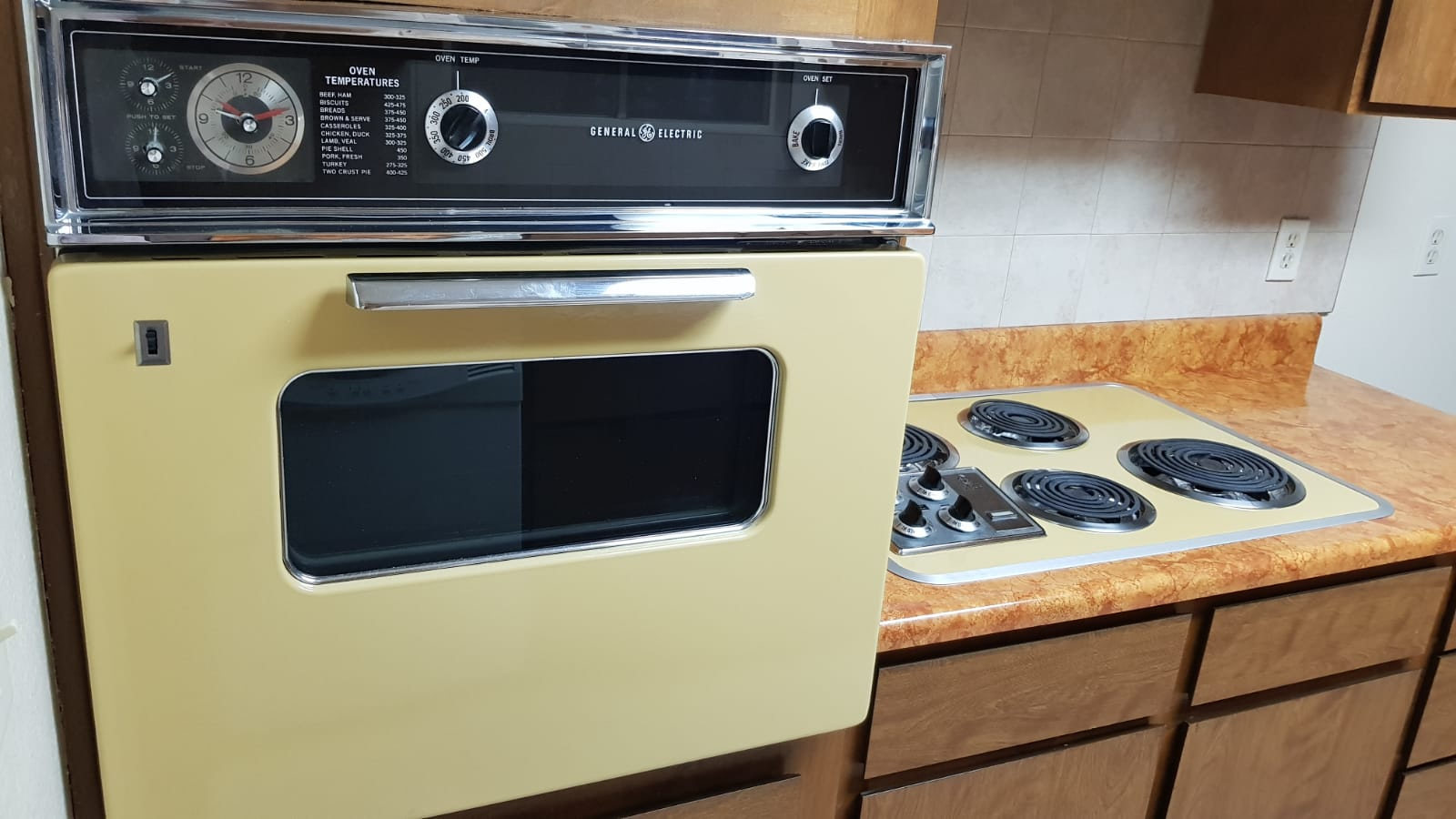Arizona emerges as manufacturing hotspot in U.S. push to insulate semiconductor supply from China

Semiconductors are used in modern technology the world over—including cars, smartphones, and missiles—but more than half the world’s manufacturing capacity is based in Taiwan and mainland China.
As relations between the U.S. and China deteriorated during the Trump administration, moving chip production to the U.S. and hindering sales of U.S.-made semiconductors to China became a strategic goal for American policy makers.
As the U.S. looks to fulfill its semiconductor needs on its own, Arizona is fast emerging as a base for the domestic industry’s revival. Already home to large Intel workforces, the state will soon add staff from Taiwan’s TSMC, supplier LCY Group, and potentially Samsung, as a slew of industry giants eye sites in the sun-beaten Southwestern state.
Sister cities
In October 2019, Kate Gallego, the mayor of Phoenix, celebrated her 38th birthday 7,000 miles from home and in the company of officials from Taiwan—a self-governing island 110 miles off the east coast of mainland China. The mayor was in Taipei, by coincidence, celebrating the 40th anniversary of Phoenix’s sister city relationship with the Taiwanese capital.
“They had a beautiful cake that said ‘40th Anniversary Sister City,’ and they just stuck a birthday candle in the middle of it for me,” Gallego says, who spoke to Fortune over webcam in June last year. Gallego’s trip to Taiwan was her first overseas mission as mayor and her last flight abroad before the COVID-19 pandemic struck in January last year.
But Gallego wasn’t in Taiwan just to celebrate anniversaries.
The world’s largest semiconductor manufacturer, Taiwan Semiconductor Manufacturing Corp. (TSMC), is headquartered in Hsinchu—an industrial city about an hour south of Taipei. Gallego had traveled there to convince TSMC to open a new factory in Phoenix. Her birthday wish, as she blew out the candles on her cake, was that the $340 billion company would accept.
TSMC is the world’s most advanced contract manufacturer for semiconductors, producing chips for brand names like Qualcomm, Nvidia, and Apple. TSMC’s dominance in the market has made Taiwan something of a kingmaker in the era of techno-nationalism, in which geopolitical rivalries are increasingly focused on building the most advanced technology.
In December 2020, the Taiwan government approved TSMC’s plan to build a $12 billion plant in Phoenix—answering the wish Gallego made more than a year earlier. And with TSMC secured, an ecosystem of suppliers and rivals is drifting into the state too.
This month, TSMC supplier LCY Chemical, which makes a cleaning agent used in semiconductor processing, announced it plans to open a factory in Arizona as well. The Taiwan-based chemicals maker already has a factory in Texas, but CEO Vincent Liu told Nikkei Asia the proposed Arizona plant would be the group’s largest overseas investment.
“The major economies have started to realize semiconductors are strategic resources and there’s a need for localization of the chip supply chain,” Liu said, claiming that the semiconductor supply-chain shift to outside Asia is something unseen “in the past decades.”
Arizona’s chip legacy
In fact, Arizona is already home to a semiconductor ecosystem, including a network of Intel chip plants, which the company says is its largest manufacturing site worldwide. Intel opened its first silicon plant in Chandler, Ariz., in 1980 and opened its latest in the same city just last year. The company currently operates four fabs in the state.
“Intel went to Arizona for cheap land and a low cost of living,” says Daniel Nenni, founder of semiconductor information forum SemiWiki. “But TSMC is going there for that and talent.”
Arizona’s proven track record as a hub for chipmaking was part of Gallego’s pitch to TSMC, which hit on “what a great ecosystem Phoenix has for the semiconductor industry.”
“We have a strong workforce—because we have so many competing semiconductor companies, including On Semiconductor, Microchip Technologies, and Intel—and we’re home to Arizona State University, which has a lot of expertise in semiconductors,” Gallego says.
Competition for that talent is likely to increase further, with Samsung also eyeing the state as a possible site for its next U.S.-based semiconductor plant. The South Korean tech giant is scoping out land in Goodyear, Ariz., for a $13 billion plant but is also petitioning the government in Austin, Texas, to expand its current manufacturing facilities there.
Gallego says that since TSMC decided to build its new fab in Phoenix, other suppliers have also come forward and expressed interest in land that’s already zoned for industrial use.
Intel will also reportedly outsource more of its chip manufacturing to TMSC, as the former struggles to keep up with the latter’s cutting edge processes. According to Nenni, TSMC’s closer partnership with Intel is another reason why it makes sense for TSMC to open in Arizona.
Whether Samsung expands in Austin depends in part on whether the localgovernment grants the $1 billion in tax breaks the manufacturer is asking for. TSMC signaled its development in Arizona is dependent on local and national governments covering the some of the costs.
“We hope federal and state governments could make up TSMC’s running costs difference between the United States and Taiwan,” TSMC CEO Mark Liu told reporters in June last year. That same month, Rep. Michael McCaul (R–Texas) introduced, with bipartisan support, the CHIPS for America Act, which would create a $22.8 billion fund to help rebuild the domestic chip industry.
The proposal includes creating a $10 billion federal fund to match incentives offered to chip makers by state governments. It would also set aside $12 billion in federal funding for R&D over the next ten years. The proposal hasn’t moved past the House, where it was introduced.
However, Arizona Sen. Kyrsten Sinema, a Democrat, attached a similar bill (sharing the same name) as a rider to the 2021 National Defense Authorization Act, which became law earlier this year.
The law now seems prescient, as a shortage of semiconductors currently rattles the worldwide auto industry, threatening to shave $40 billion off the global industry including a combined $4 billion from General Motors and Ford. In a letter to President Joe Biden last week, the U.S. Semiconductor Industry Association urged the President to unlock funding to support the law’s initiatives.
The Biden Administration says it is looking into the shortage. Either way, TSMC’s Arizona plant is moving ahead, with the Taiwan company already embarking on a 600-person hiring drive for the factory, which is due to break ground this year.
“With the pandemic going on, we’re asking questions about what the future of our workforce looks like in Phoenix,” Gallego told Fortune last June. “TSMC’s investment gives us the answer: higher wages, advanced manufacturing jobs.”
|


Recent Posts










GET MORE INFORMATION
Katrina Golikova
Real Estate Professional | License ID: SA696603000
Real Estate Professional License ID: SA696603000
